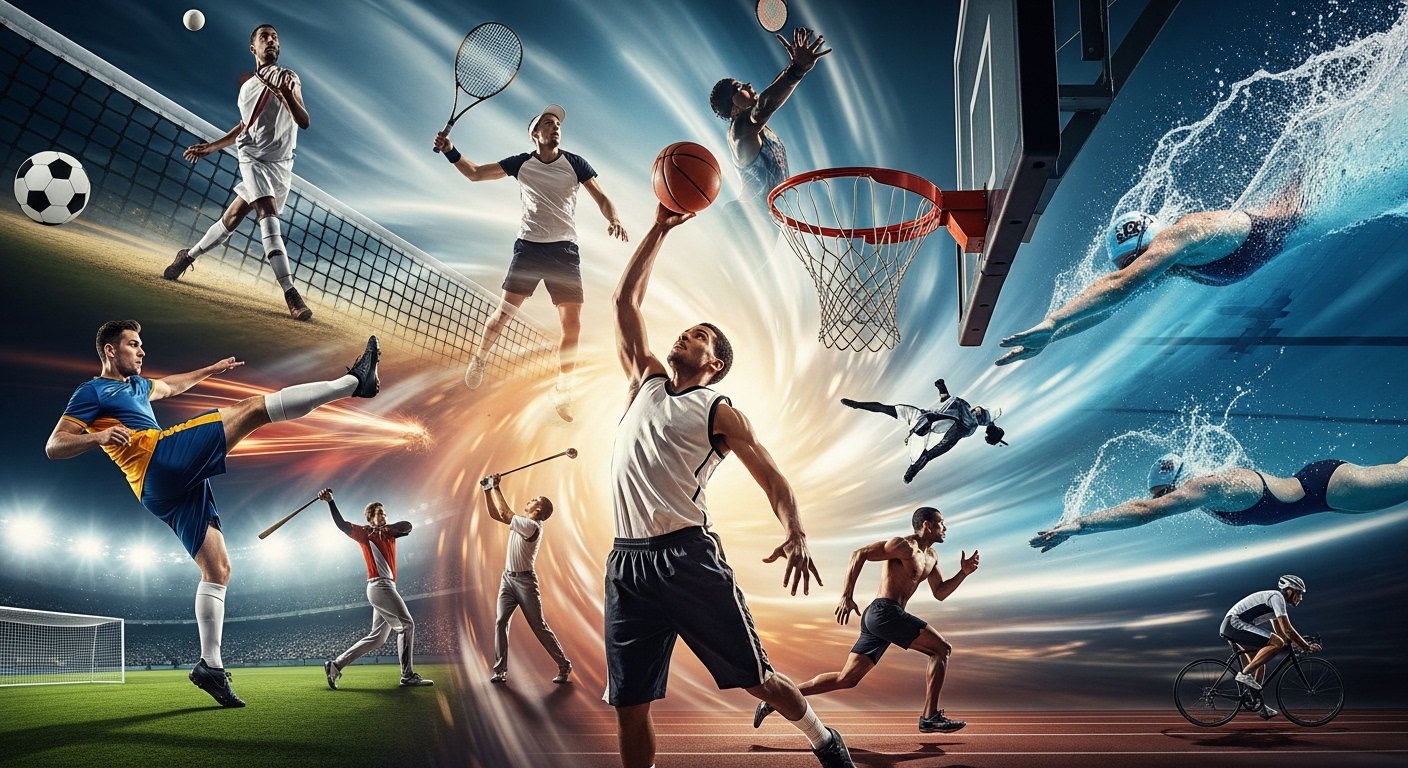Introduction
Sports are more than games or competitions; they are a reflection of human spirit, determination, and community. From local playgrounds to professional stadiums, sports play a vital role in shaping physical health, mental strength, and social connections. This blog explores the multiple ways sports influence individuals and communities.
Physical Health Benefits
Participating in sports strengthens the body and enhances overall health. Activities like running, swimming, football, and basketball improve cardiovascular fitness, build muscle strength, and increase flexibility. Regular physical activity also helps prevent chronic illnesses and promotes long-term wellness. For children and teens, sports encourage motor skill development and instill lifelong healthy habits.
Mental and Emotional Growth
Sports challenge the mind as much as the body. They teach discipline, patience, and focus while helping individuals handle stress and setbacks. Experiencing wins and losses fosters emotional resilience, while consistent practice develops problem-solving skills and strategic thinking. Athletes learn to stay motivated, adapt to challenges, and maintain balance under pressure.
Building Teamwork and Social Skills
Team sports cultivate communication, cooperation, and mutual respect. Players learn to work toward shared goals, understand each other’s strengths, and resolve conflicts constructively. Individual sports also offer social opportunities through coaching, mentorship, and community engagement. These experiences strengthen relationships and foster a sense of belonging.
Cultural and Community Significance
Sports transcend cultural, linguistic, and social barriers. They unite people, create shared experiences, and build community pride. Local tournaments, national leagues, and international events inspire participation, celebrate talent, and promote inclusivity. Sports act as a platform for social change, encouraging equality and collaboration across communities.
Life Lessons from Sports
Beyond physical and social benefits, sports teach invaluable life skills. Dedication, perseverance, and time management are developed through consistent practice. Athletes learn humility in victory, grace in defeat, and the importance of effort and teamwork. These lessons extend beyond the field, contributing to personal growth, professional success, and overall character development.
Conclusion
Sports are more than games—they are a transformative force for health, social bonding, and personal development. Encouraging participation in sports enriches lives, strengthens communities, and promotes values like discipline, teamwork, and resilience. Through sports, individuals gain not only physical fitness but also the skills and mindset to thrive in every aspect of life.




